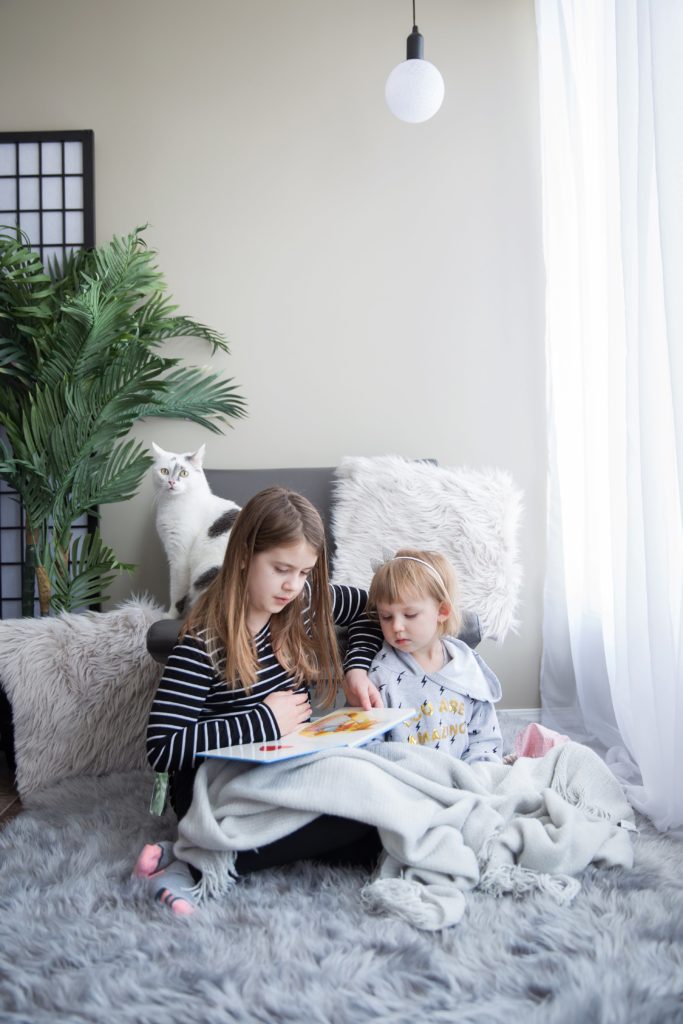In today’s fast-paced and highly structured world, the importance of unstructured play in children’s lives cannot be overstated. It’s a concept that seems simple, yet its significance is profound. Unstructured play is the kind of play that doesn’t come with a set of rules, predetermined goals, or adult supervision. It’s the kind of play where children are free to use their imagination, creativity, and curiosity to explore the world around them.
Unstructured play is not a new concept. In fact, it has been a fundamental part of human development throughout history. Children have always engaged in activities like building forts, climbing trees, exploring the woods, and inventing their games. These activities are not just a way for children to pass the time; they are essential for their physical, cognitive, emotional, and social development.
One of the key benefits of unstructured play is that it fosters creativity. When children are given the freedom to play without strict guidelines or predetermined outcomes, they are more likely to tap into their imaginations and come up with innovative ideas. This creative thinking is not only fun but also valuable for problem-solving skills that they will use throughout their lives.
Furthermore, unstructured play allows children to develop their decision-making abilities. In an unstructured play environment, children must make choices about what they want to do, where they want to go, and how they want to do it. These decisions help them develop important skills like risk assessment, prioritization, and planning. When they decide to build a treehouse, for example, they need to figure out what materials to use, how to construct it safely, and what tools they’ll need. These decisions empower them to take ownership of their activities and learn from both their successes and failures.
Physical development is another crucial aspect of unstructured play. When children engage in activities like climbing, running, jumping, and roughhousing, they develop their motor skills, balance, coordination, and strength. These physical abilities are essential for their overall well-being and can help prevent health problems such as obesity. Unstructured play also encourages children to be more physically active, which is increasingly important in a world where sedentary lifestyles are on the rise.
In addition to physical development, unstructured play contributes significantly to emotional and social development. When children engage in unstructured play with their peers, they learn valuable social skills such as cooperation, communication, negotiation, and conflict resolution. They learn how to take turns, share resources, and collaborate on creative projects. They also have the opportunity to explore and express their emotions in a safe and unpressured environment.
Having access to outdoor play equipment can encourage children to spend more time outside and engage in physical activities. These structures provide opportunities for climbing, swinging, and imaginative play. Providing children with art supplies allows them to unleash their creativity through drawing, painting, and other artistic endeavors. Toys like LEGO, building blocks, and construction sets enable children to build and create their structures, fostering problem-solving and fine motor skills. Items like magnifying glasses, binoculars, and butterfly nets can inspire children to explore the natural world around them. They can go on adventures, observe insects, and learn about the environment.
A collection of dress-up clothes and costumes encourages imaginative play. Children can pretend to be pirates, astronauts, doctors, or any character they can imagine. A variety of books, storytelling props, and puppets can stimulate children’s imaginations and inspire them to create their stories and narratives during play. Musical instruments allow children to explore their creativity through music, rhythm, and sound. A safe and spacious outdoor area with natural elements provides an ideal environment for unstructured play. Children can run, explore, and connect with nature. Creating a cozy and comfortable play space indoors can encourage quiet and imaginative play, such as building forts or having a pretend picnic. These can be a great way for children to engage in unstructured play with rules but without the need for adult supervision. They promote critical thinking and social interaction.
Providing children with the material resources to engage in unstructured play enhances their opportunities for growth and exploration. As parents, educators, and caregivers, we should prioritize and encourage unstructured play as an integral part of childhood, recognizing its profound impact on a child’s development and overall well-being.



